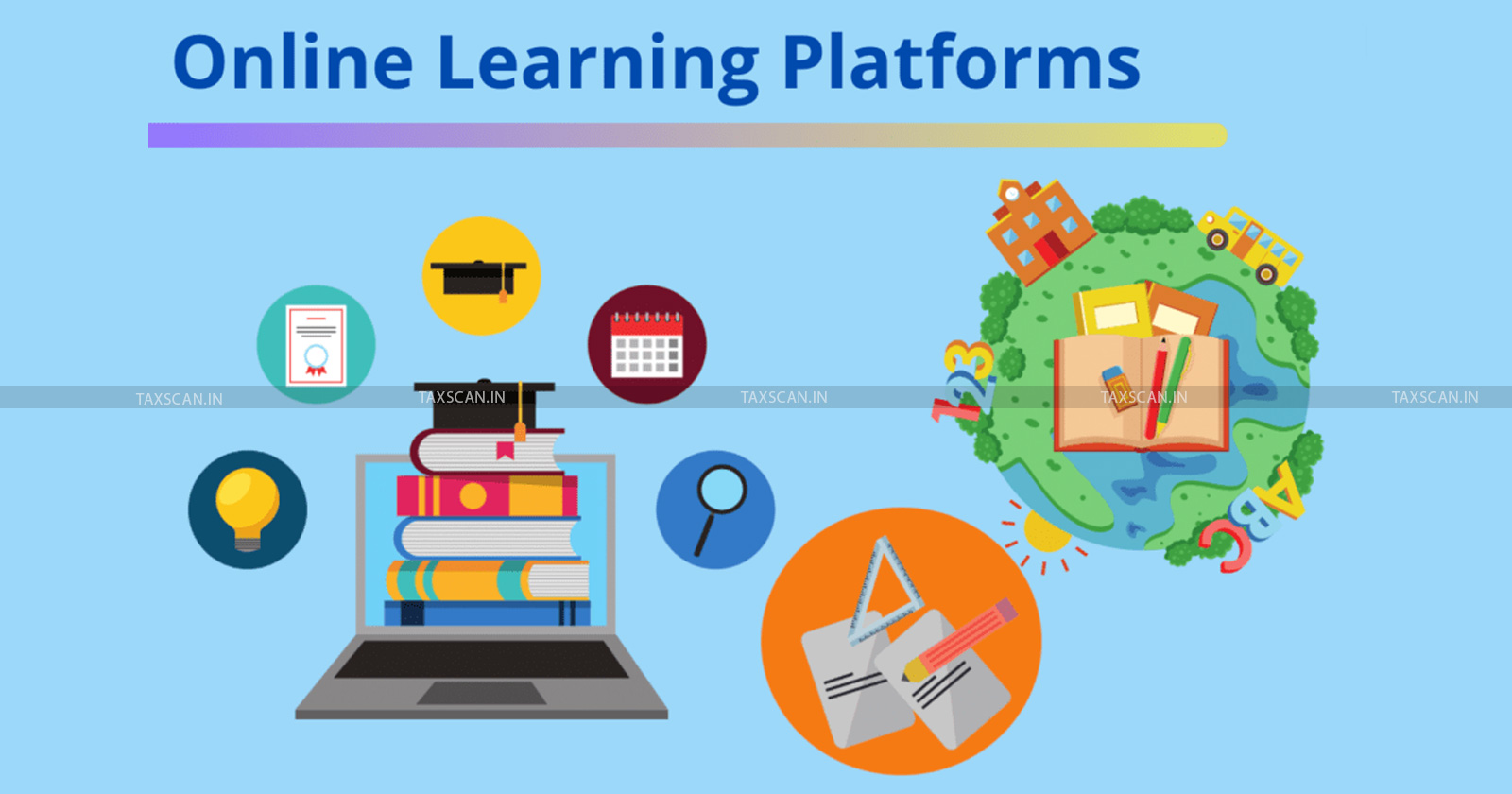Union Budget 2024: Know the Anticipations of Online Learning Platforms
Ed Tech Startups and Online Learning Platforms anticipate positive reforms in budget amid economic slowdown and funding constraints

Budget 2024 – Union budget 2024 – Budget updates – Budget news – Upcoming union budget – Union Budget Education Initiatives – Online Education Funding – Online Learning Platforms – TAXSCAN
Budget 2024 – Union budget 2024 – Budget updates – Budget news – Upcoming union budget – Union Budget Education Initiatives – Online Education Funding – Online Learning Platforms – TAXSCAN
As Finance Minister Nirmala Sitharaman gears up to unveil the interim budget on February 1, the thriving edtech sector in India is eagerly awaiting fiscal policies that could significantly influence the trajectory of digital education in the country.
Amidst the ongoing digital transformation and the impetus provided by the Covid-19 pandemic, which accelerated the adoption of online learning, industry players are optimistic about the prospect of strategic initiatives fostering growth and innovation. The edtech industry, along with start-ups in general, is grappling with the challenges of economic slowdown and funding constraints.
Anticipation is high for potential tax incentives and advantages that might be announced in the interim budget. Stakeholders suggest that a reduction in Goods and Services Tax ( GST ) rates on digital educational content and services could make online learning more economically accessible, benefiting both students and edtech companies.
Industry experts are urging the government to boost the education sector's budget and lower the GST slab from 18 percent to 5 percent on educational products and services. The aim is to establish a solid foundation for the country's children, especially those from economically disadvantaged backgrounds.
Additionally, experts foresee the possibility of tax breaks for Indian students reconsidering education abroad due to the burden of loans. Extending benefits under Section 80E to cover the repayment of the principal amount could make education loans more appealing for Indian households.
In 2019, around 10.9 lakh Indian students pursued education abroad, witnessing a 7 percent growth to approximately 13.24 lakh students in 2022. With a sustained growth rate of 15 percent, the number of Indian students studying overseas is projected to reach approximately 20 lakh by 2025.
For the broader start-up industry, there's a call to focus on Employee Stock Ownership Plans ( ESOPs ). Simplifying and structuring ESOPs with appropriate tax considerations, akin to shares, would present an enticing wealth creation opportunity and aid start-ups in attracting and retaining talent.
Within the edtech sector, experts emphasize the need for specific tax breaks and incentives, particularly for research and development ( R&D ) activities focusing on artificial intelligence, machine learning, and emerging technologies. This includes proposals for weighted deductions, grants, and co-funding initiatives, alongside the creation of a dedicated edtech innovation fund.
Expectations also include an extension of income tax exemption under Section 80IAC for eligible edtech start-ups to 7-10 years, acknowledging their longer gestation period and impact creation timeline. The suggestion to allow the carry-forward of losses beyond the current seven-year limit for edtech start-ups is aimed at providing financial flexibility and encouraging risk-taking in innovative projects.
A primary expectation from the edtech industry is increased allocations for the development and enhancement of digital infrastructure, particularly in addressing the challenge of reliable internet connectivity in remote areas. With the active internet user base in India expected to reach 900 million by 2025, investments in improving internet accessibility are crucial for ensuring seamless access to online educational content across the country.
Edtech companies are also looking for the government's commitment to upskilling and reskilling the workforce, aligning with the evolving demands of the job market. Streamlining operations and formalizing the edtech sector through policies and regulations is seen as a key step in creating a conducive environment for growth, ultimately contributing to the national goal of a more responsive education system in a knowledge-driven economy.
Support our journalism by subscribing to Taxscan premium. Follow us on Telegram for quick updates


